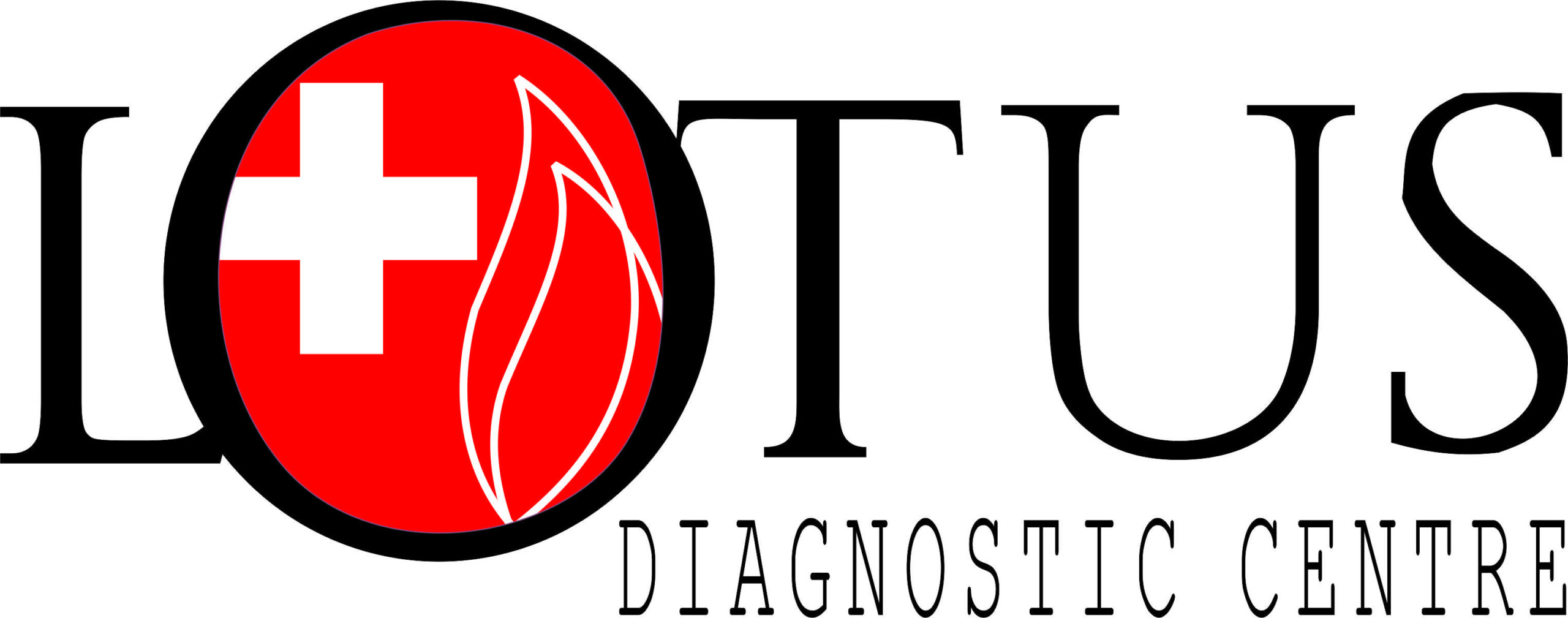
Cardiology
Cardiology at Lotus Diagnostic Centre
Lotus Diagnostic Centre has one of the best cardiology OPD’s in Bangalore, delivering cardiac care in an affordable way. We offer medical consulting for heart diseases such as cardiac arrhythmias, aneurysm and & heart failure symptoms.
Our consulting cardiac specialists dedicate the required time and attention to understand the condition of patients and manage/ advise on the best possible treatment to ensure they lead a comfortable life.
Our centre is well equipped with state of the art machinery which enables us to provide precise and accurate reports for cardiology.
Services Offered:
- Diagnosis & management of cardiac conditions like chest pain (Angina, Heart Attack), irregular Heart beat (Arrythmias), hypertension, syncope
- Paediatric and Fetal Echos
- ECG, 2D Echo, Treadmill Test (TMT)
- ACS profile
- Doppler
When Should You Visit a Cardiologist
Arrhythmias
An arrhythmia is an abnormal change in the heart beat. This could be irregular patterns of heart beat like- skipped or rapid heartbeats (tachycardia) or slow heartbeats (Bradycardia). The diagnosis of the Arrhythmias follows the location of irregular heart beat patterns. It can be of many types:
- Atrial or supraventricular arrhythmias (Upper chamber of the heart)
- Ventricular arrhythmias (Lower chambers of the heart)
Ventricular arrhythmias are known to be associated with structural heart diseases and genetic disorders that can lead to the serious life-threatening and incapacitating conditions.
Hypertension
Our heart pumps blood throughout the body with certain amount of pressure. When the blood travels through the artery, it creates certain force against the artery walls. Hypertension is a condition in which this force of the blood against the artery walls is too high. Usually blood pressure above 140/90 is considered High and it is 180/120 is considered severe.
It is difficult to identify high blood pressure occurrence as no specific direct symptoms may be available in many cases.The person experiencing this may not even be aware of it in many cases. That’s what makes it dangerous. When left unattended for a long time it can lead to significant health issues such as heart disease and stroke. The risk is higher if hypertension if there is a family history around it.
We need to watch out for following signals which could indicate blood pressure abnormalities:
- Irregular heartbeat
- Severe headache
- Continuous Fatigue
- Disrupted Orientation
- Changes in Vision
- Chest pain
- Difficulty in breathing
- Blood in the urine
- Nose bleeds
It is found that in some ailments of serious nature, blood pressure may behave in an erratic manner. Some of these ailments could be: Kidney problems, Adrenal gland tumours, Thyroid problems and Congenital Heart disease.
Regular check-ups are the only way to keep pressure under check in the body.
Syncope
Syncope, sometimes called “fainting,”, which is a brief, sudden and complete loss of consciousness momentarily which leads to postural imbalance with spontaneous recovery. This is different from merely a feeling of light-headedness, momentary weakness, or dizziness which is partial loss of consciousness.
Cardiac syncope is due to inadequate blood flow to the brain from any cardiac cause. These causes are hard to determine as there could be multiple reasons for its onset such as several cardiac and noncardiac disturbances that may lead to loss of consciousness.
Since syncope is a symptom and not a disease, it is important to identify accurately its underlying cause.
Heart Failure
When heart muscle fail to pump blood normally it is termed as congestive heart failure. Certain conditions in cardiology, such as narrowed arteries in your heart (coronary artery disease) or high blood pressure, gradually leave the heart too weak or rigid to fill and pump efficiently.
Not all conditions that lead to heart failure can be reversed, but treatments can can help to maintain stronger profile helping you live longer. Lifestyle changes — such as exercising, reducing sodium in your diet, managing stress and losing weight — can improve your quality of life.
Doctor’s advice on prevention of heart failure revolves around controlling of lifestyle to keep the heart healthy. These could include –
- Maintaining the right diet
- Regular exercise
- Medication if it has been prescribed
- Prevention & management of diabetes and obesity, which can add extra stress to the heart muscles forcing it to deteriorate.
Our Cardiology Specialists


Dr. Soujanya Shagrithaya B

Dr. Sateeshchandra Dhadake

